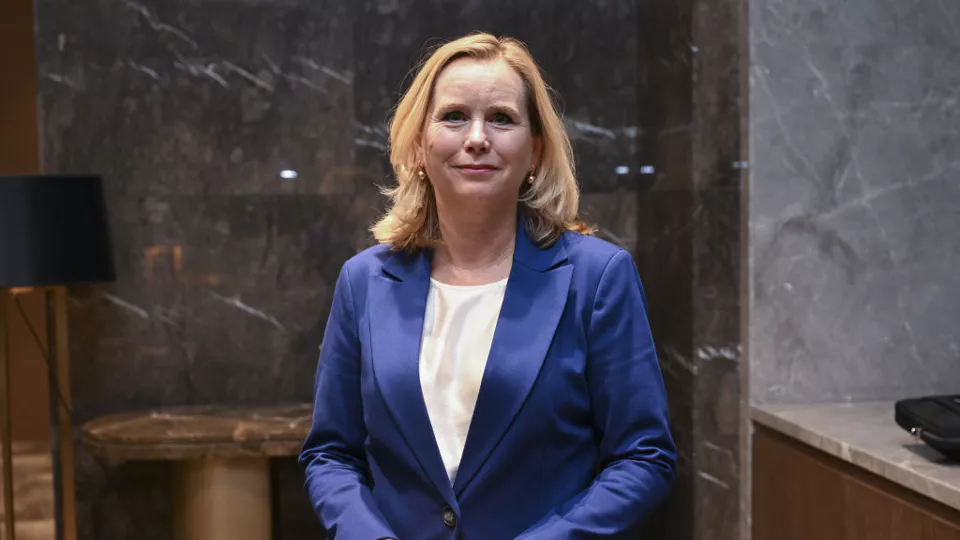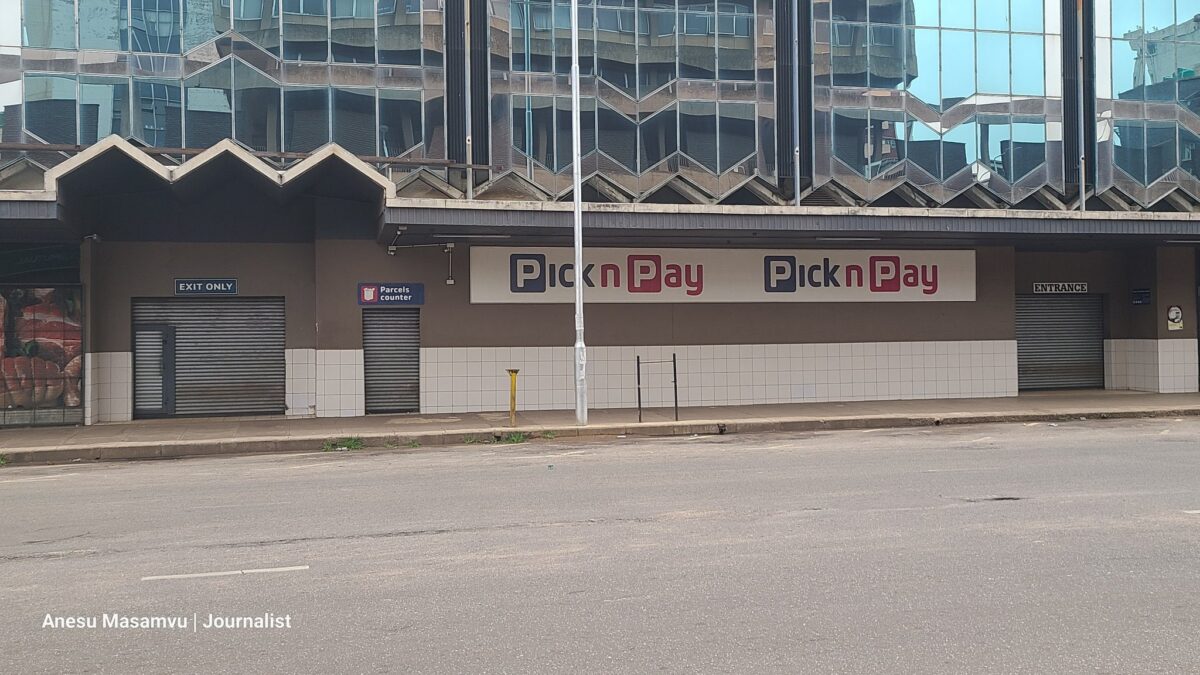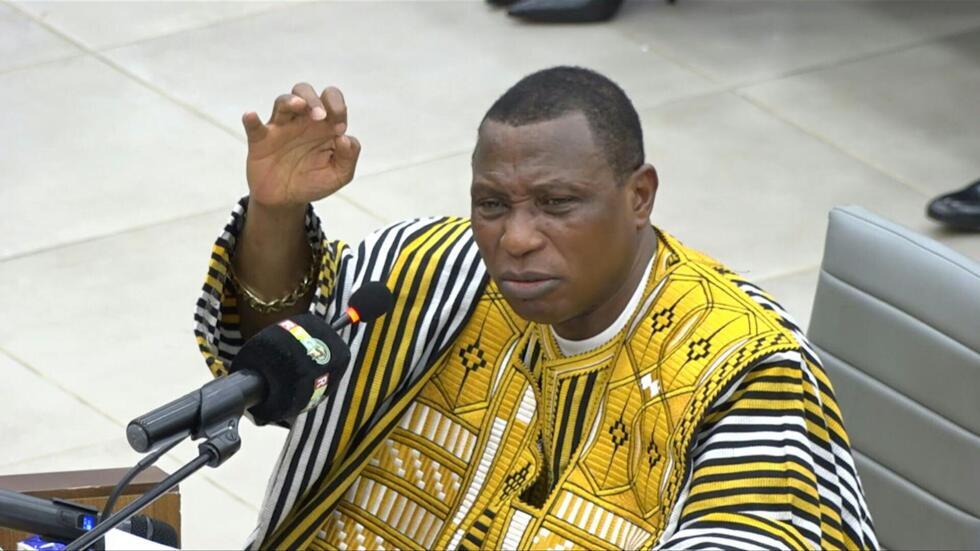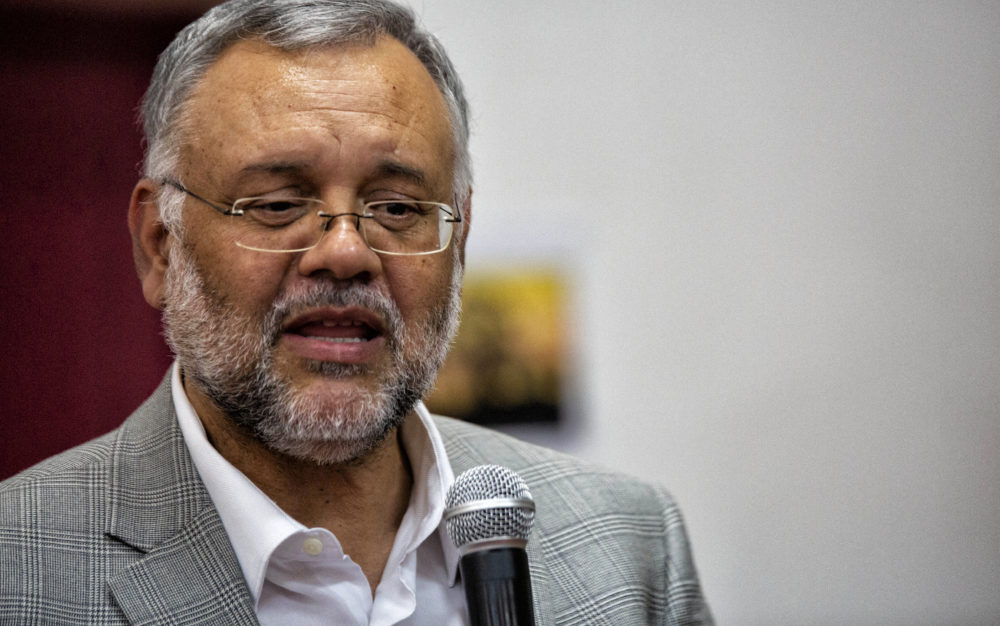HARARE – Zimbabwe’s non-governmental organisations relying on Dutch aid are set to suffer a huge blow following the Netherlands government’s new policy to cut spending of €2.4 billion on development aid abroad.
The spending cut, which replicates that of the United States’ abrupt foreign aid slash recently, is set to come into effect in 2027 amid a significant number of jobs losses anticipated.
Under the new policy, funding for various programmes will be terminated, in areas such as gender equality, vocational and higher education, sport and culture.
Funding for climate action, civil society and UN organisations will be reduced.
Dutch Minister for Foreign Trade and Development, Reinette Klever said her country’s interests will take precedence in the development policy.
“All the programmes we fund must contribute directly to our own interests: promoting trade, enhancing security and reducing migration,” Klever said.
The Netherlands through the Dutch embassy in Harare provides aid to Zimbabwe, focusing primarily on supporting human rights defenders, promoting gender equality, climate change and economic development.
Some beneficiaries and those who have benefited in some way include, Zimbabwe Lawyers for Human Rights which provides legal services to human rights defenders, Green Impact Centre, The Bioskop! Short Film Competition, an annual event in Zimbabwe that showcases and awards short films. Zimbabwe Women Lawyers Association. My Trees Trust, HeForShe which involves men in the fight to end all forms of violence against women and girls and Birdlife Zimbabwe
“The government will also use development aid as a way to boost security in various conflict regions surrounding Europe: West Africa, the Horn of Africa, the Middle East and North Africa. This should help avoid disruption to trade, combat the rise of terrorist or criminal organisations and prevent people applying for asylum in the Netherlands. ‘food shortages, for example, are a cause of conflict, ”Klever explained.
“Giving people future prospects in those regions will enable them to build livelihoods, meaning they won’t have to make the journey to Europe.’ The government wants to make agreements with migration countries, aimed at combating migration and encouraging return,” she added.
















